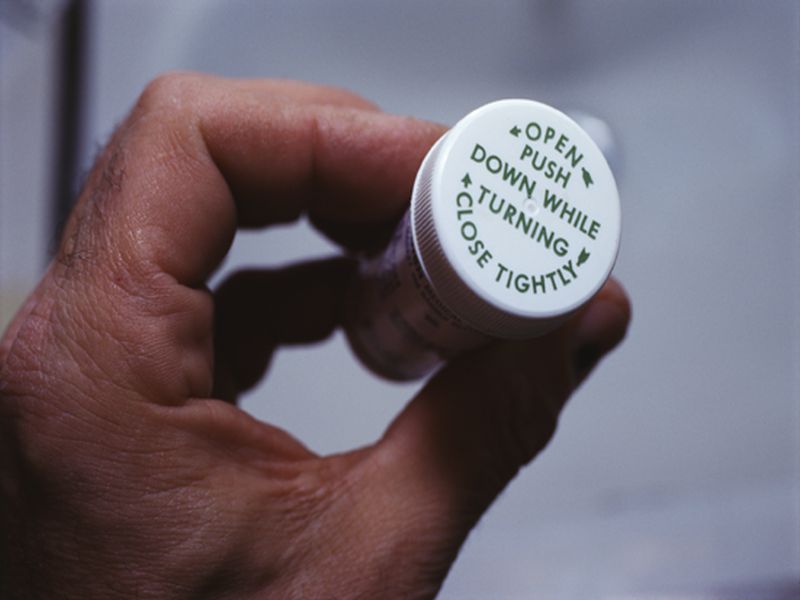
THURSDAY, Dec. 3, 2015 (HealthDay News) — More American teens and adults are seeking treatment for heroin and prescription painkiller abuse, a new U.S. government report reveals.
In 2013, heroin accounted for 19 percent of admissions to publicly funded substance-use treatment programs — up from 15 percent a decade earlier, the U.S. Substance Abuse and Mental Health Services Administration (SAMHSA) reported.
And admissions related to narcotic painkillers, such as OxyContin and Vicodin, jumped from 3 percent to 9 percent between 2003 and 2013, the report says.
The report, released Thursday, reflects changing patterns of substance abuse in the United States among people 12 and older.
Although alcohol is still the main reason people seek treatment, the proportion of booze-related admissions decreased from 42 percent to 38 percent during the study period.
And overall, the report found that admissions for publicly funded substance-use treatment fell from nearly 1.9 million in 2003 to just under 1.7 million in 2013.
“Whether people are struggling with alcohol, prescription drugs, or illicit substances, seeking help is a critical step toward achieving recovery,” SAMHSA Acting Administrator Kana Enomoto said in an agency news release.
Other highlights from the 2003-2013 study:
- Admissions for marijuana use rose slightly, from 16 percent to 17 percent.
- Treatment for methamphetamine/amphetamines ranged from 6 to 9 percent.
- Cocaine-related admissions (including crack use) declined from 14 percent in 2003 to 6 percent in 2013.
- Fifty-five percent of patients admitted for treatment in 2013 said they abused more than one substance.
The report underscores the toll heroin and narcotic painkillers have taken on communities across the country. A recent study from the Trust for America’s Health found these twin epidemics have caused overdose deaths to skyrocket among teens and young adults.
However, there is hope, Enomoto said.
“Time and again, research has demonstrated that treatment helps people with substance-use disorders to regain their lives,” Enomoto said in the news release. “As with other life-threatening conditions, this step can be the difference between life and death. We need to encourage people to seek help. Treatment works. People recover.”
Through grant programs, SAMHSA is trying to expand access to medication-assisted treatment, counseling, and support services in communities affected by heroin and prescription misuse, the agency said in the news release.
[“source-consumer”]